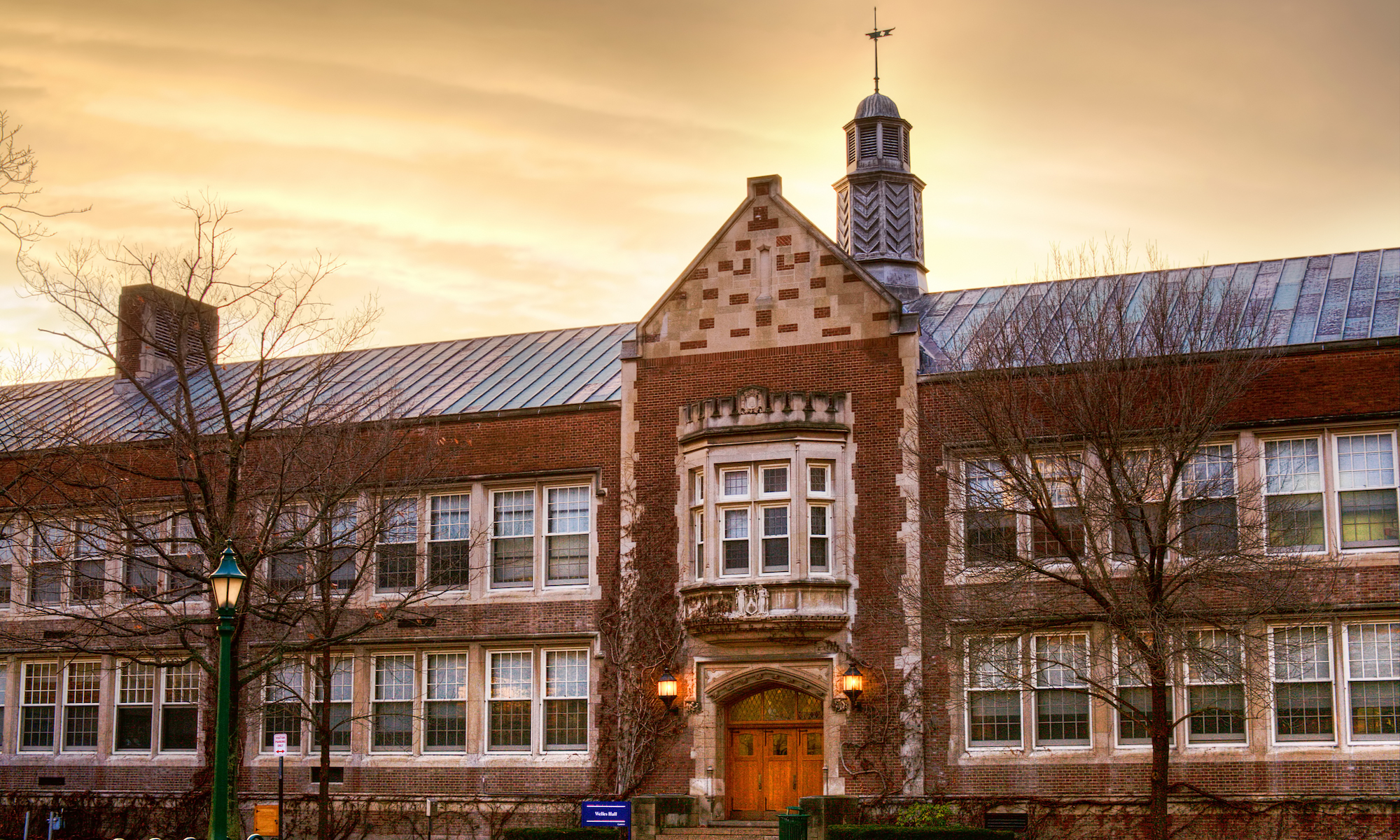We’re excited to announce our 2020 senior award winners and the winners of our annual writing contest.
2020 English Department Senior Awards
The end of spring semester traditionally is a time to honor, in person, the hard work and accomplishments of our graduating seniors. As believers in metaphor, the English Department won’t allow separation or measly screens to become an obstacle to celebration — for as Walt Whitman wrote, “a leaf of grass is no less than the journey-work of the stars.” In this spirit the faculty recognize sustained excellence in literary studies through our senior awards. A couple of months not seeing these students in person remind us how much they have contributed to the vitality of our department during their time at Geneseo. Our congratulations!
William T. Beauchamp Memorial Award
Presented annually to a senior for outstanding service to the vitality of literature on campus.
Winner: Sean McAneny
Patricia Conrad Lindsay Memorial Award
Presented annually to a senior for excellence in scholastic achievement and intellectual promise.
Winners: Clio Lieberman, Margaret Pigliacelli, Brianna Riggio
Calvin Israel Award in the Humanities
Presented annually to a senior with an outstanding academic record and a strong support of the humanities.
Winners: Claire Corbeaux, Abigail Ritz, Helen Warfle
Joseph O’Brien Memorial Award
Presented annually to a senior English major who has exhibited those attributes exemplified in the life and career of our colleague Joe O’Brien: a demonstrated record of academic excellence, a spirit of volunteerism, and a sterling moral character.
Winners: Sandy Brahaspat, Julia Merante, Don Rothwein
2020 Geneseo Writing Contest
As physical journeys have narrowed during the coronavirus epidemic, many of us have become reacquainted with the power of writing to open up new spaces. The English Department has the pleasure of recognizing excellence in student critical, creative, and self-reflective writing though its annual writing contest. The contest is open to the whole campus, and this year’s winners, ranging from first-year students to graduating seniors, represent the following programs: the English Literature and Creative Writing tracks, Women and Gender Studies, Africana Studies, the Film Studies minor, Adolescent Education certification, the Edgar Fellows program, French, Philosophy, History, Anthropology, Communication, Geography, Psychology, Mathematics, Biology, and Physics. The winning entries were written for classes with ANTH, AMST, ENGL, FMST, HIST, HONR, and INTD 105 prefixes, and sometimes also produced by students writing outside class for the sheer love of language. Congratulations to all!
Irene E. Smith Award in First-Year Critical Writing: INTD 105
Winner
Sarah Fadlaoui, “Carlisle in the Great War”
Second place
Maria Pawlak, “Conformity in the United States and its Effect throughout the Twentieth Century”
Third place
Madisyn Pausley, “Parable of the Sower as a Warning for Climate Change”
Honorable mention
Nicole Lallier, “Human Migration: Displacement from Disaster”
Jérôme de Romanet de Beaune Award for an Essay in Diversity Studies
Winner
Brianna Riggio, “Can He See the Forest for the Trees?: The Eagle Tree”
Second place
Sean McAneny, “Approaches to Teaching Age in King Lear”
Research Paper
Winner
Rachel McLauchlin, “Maternal Horror: Women’s Bodies as Monstrosity in Macbeth”
Second place
Claire Corbeaux, “The Threat of Greed and the Cultivation of Community”
Third place
Shannon Curley, “Space, History, and Tourism in Post-Conflict Bosnia and Herzegovina”
Honorable mentions
- Ashton McCormack, “Benefits of Entomophagy”
- Alissa Moeller, “American Slavery and Historical Silences in the Journal of Women’s History”
Self-Reflective Writing
Winner
Sean McAneny, “Addressing Slavery’s Legacy at the Academy”
Second place
Emma Short, “Fame, Fandom, & The Woman in the Spotlight”
Third place
Abigail Ritz, “This Is Paratext”
Honorable mentions
- Claire Corbeaux, “Realizing Service Learning”
- Brianna Riggio, “Ableist Constructions of Communication Disabilities and Identity”
John H. Parry Award for a Critical Essay
Winner
Sean McAneny, “Against the King’s Two Bodies: Richard’s Corporeal Authority”
Second place
Claire Corbeaux, “Wuthering Heights, Quantum Entanglement, and Loving One Dead”
Third equal
- Rosa Mesbahi, “Dismantling Dualisms: Exploring Agency and Victimhood in Purple Hibiscus”
- Abigail Ritz, “Disability as Doozy: Kurt Vonnegut’s Use of Disability as Metaphor in ‘Harrison Bergeron’”
Creative Non-Fiction
Winner
Aliyha Gill, “Sisters”
Second place
Kyle Navratil, “Into Base Camp”
Third equal
- Hannah Fuller, “Promises”
- Rosa Mesbahi, “October”
Agnes Rigney Award in Drama and Screenwriting
Winner
Patrick Donohue, “The Masque of the Red Death”
Second place
Ben Michalak, “FOLLOW THE PATH: A Twelve Day Immersive Theater Piece”
Mary A. Thomas Award in Poetry
Winner
Kayla Eyler, “THE FAIRWAY MARKET HOSTAGE CRISIS”
Second place
Aliyha Gill, “Ruminations”
Third place
Sparrow Potter, “On the Slowing of the Universe”
Lucy Harmon Award in Literary Fiction**
Winner
Laura Gikas, “Not Greek”
Second place
Brianna Riggio, Selection from “Elodie May”
Third place
Elizabeth Roos, “The Archeologist”
